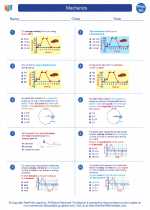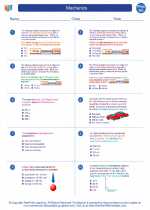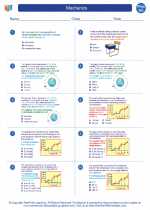Renewable Resources
Renewable resources are natural resources that can be replenished or regenerated over time. They are essentially inexhaustible and can be used without the risk of depletion. These resources are important for sustainable development and reducing environmental impact.
Types of Renewable Resources
There are several types of renewable resources, including:
Advantages of Renewable Resources
Renewable resources offer numerous advantages, such as:
- Reduction of greenhouse gas emissions
- Decreased reliance on fossil fuels
- Creation of jobs in the renewable energy sector
- Contribution to energy security and independence
Challenges of Renewable Resources
Despite their benefits, renewable resources also pose some challenges, including:
- Intermittency of some renewable sources (e.g., solar and wind)
- Initial high investment costs for infrastructure
- Dependence on geographical locations for some resources (e.g., hydropower and geothermal energy)
- Potential environmental impacts (e.g., land use for biomass production)
Study Guide
To understand renewable resources better, consider the following study guide:
- Research and describe the process of energy production for each type of renewable resource.
- Compare and contrast the advantages and disadvantages of renewable resources with non-renewable resources.
- Investigate current developments and innovations in the field of renewable energy technology.
- Discuss the economic and environmental implications of transitioning to a renewable energy-based society.
- Examine case studies of countries or regions that have successfully integrated renewable resources into their energy mix.
◂Physics Worksheets and Study Guides High School. Mechanics
The resources above cover the following skills:
Core Ideas for Knowing Science
Physical Science
Changing the movement of an object requires a net force to be acting on it.



